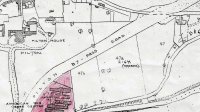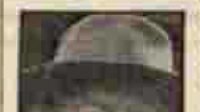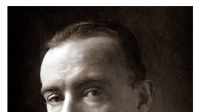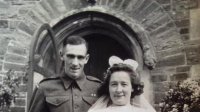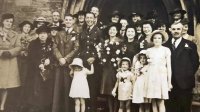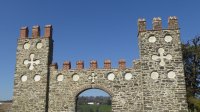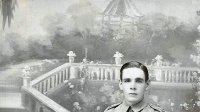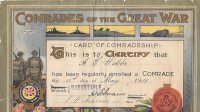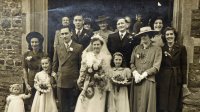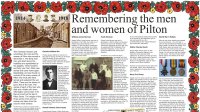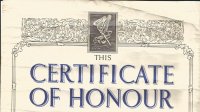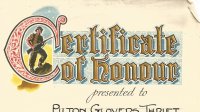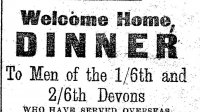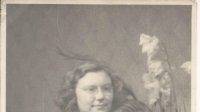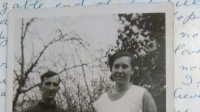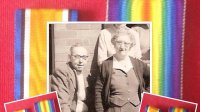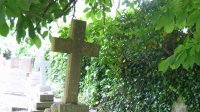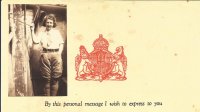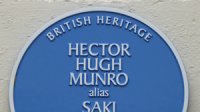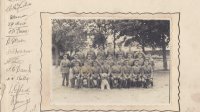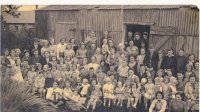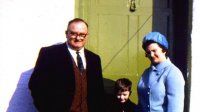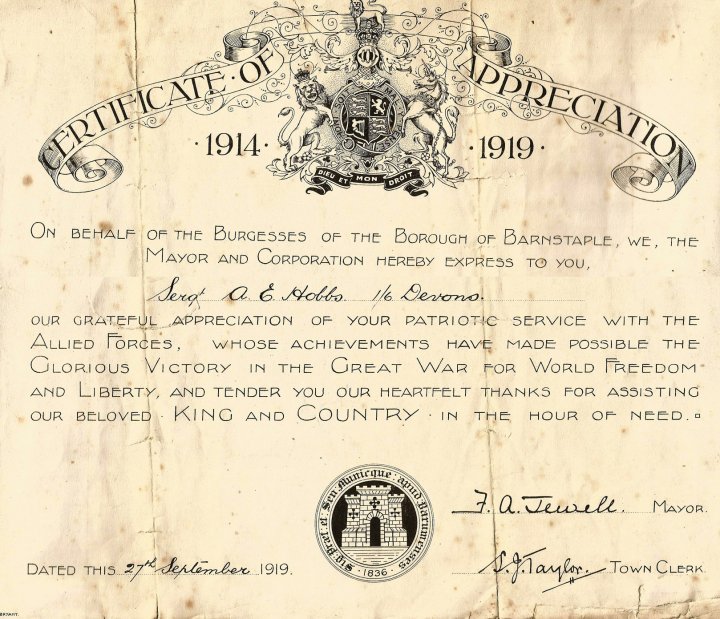Pictures
Certificate of Appreciation 1914-1919 to Arthur Edward Hobbs for Patriotic Service in the Great War
- from: Martin.Haddrill
- uploaded: Mar 1, 2018
- Hits: 119
-
 (0 Likes)
(0 Likes)
This certificate was awarded to Arthur Edward Hobbs, the father of the late Jane ‘Jennie’ Hobbs of Pilton, by the burgesses of the Borough of Barnstaple for patriotic service in the 1/6th Devonshire Regiment during what was then referred to as the Great War for World Freedom and Liberty. Below we have given a brief summary of the involvement of the 1/6th Devons in World War I, as we later came to call it, although we have no record of Arthur Edward Hobbs’ specific involvement.
Based in Barnstaple, the 6th Devons specifically recruited men from North Devon. The 6th were at their annual camp near Exeter when the war began and assembled on Salisbury Plain for training and to receive reinforcements. The 1/6th embarked for India in October 1914 and were stationed near Lahore. At the end of 1915 they were sent to Mesopotamia and arrived in Basra in January 1916. Marching 300 miles up country through swamps and deserts, they suffered sickness and attacks and eventually reached Orah. In early March, they launched an attempt to relieve the besieged garrison at Kut el Amara and lost 201 casualties. In April they supported during the battle of Sannaiyat and in May launched an attack on the Dujullah Redoubt and, despite bringing in men from the 2/5th and 2/6th Devons, by July 1916 their total strength was down to 7 officers and 180 men. The years 1917 and 1918 saw them on the Twin Canals and on lines of communication duties in a harsh environment exacted a high price in terms of sickness. In September 1918 at Margil they were struck by influenza, which claimed a further 89 lives. During their three years in Mesopotamia they had, unfortunately, lost twice as many men to illness as they had to enemy action.
Thanks to the Keep Military Museum for this brief history and Mary Passmore for recovering this and other documents after Jennie died in January 2018.



